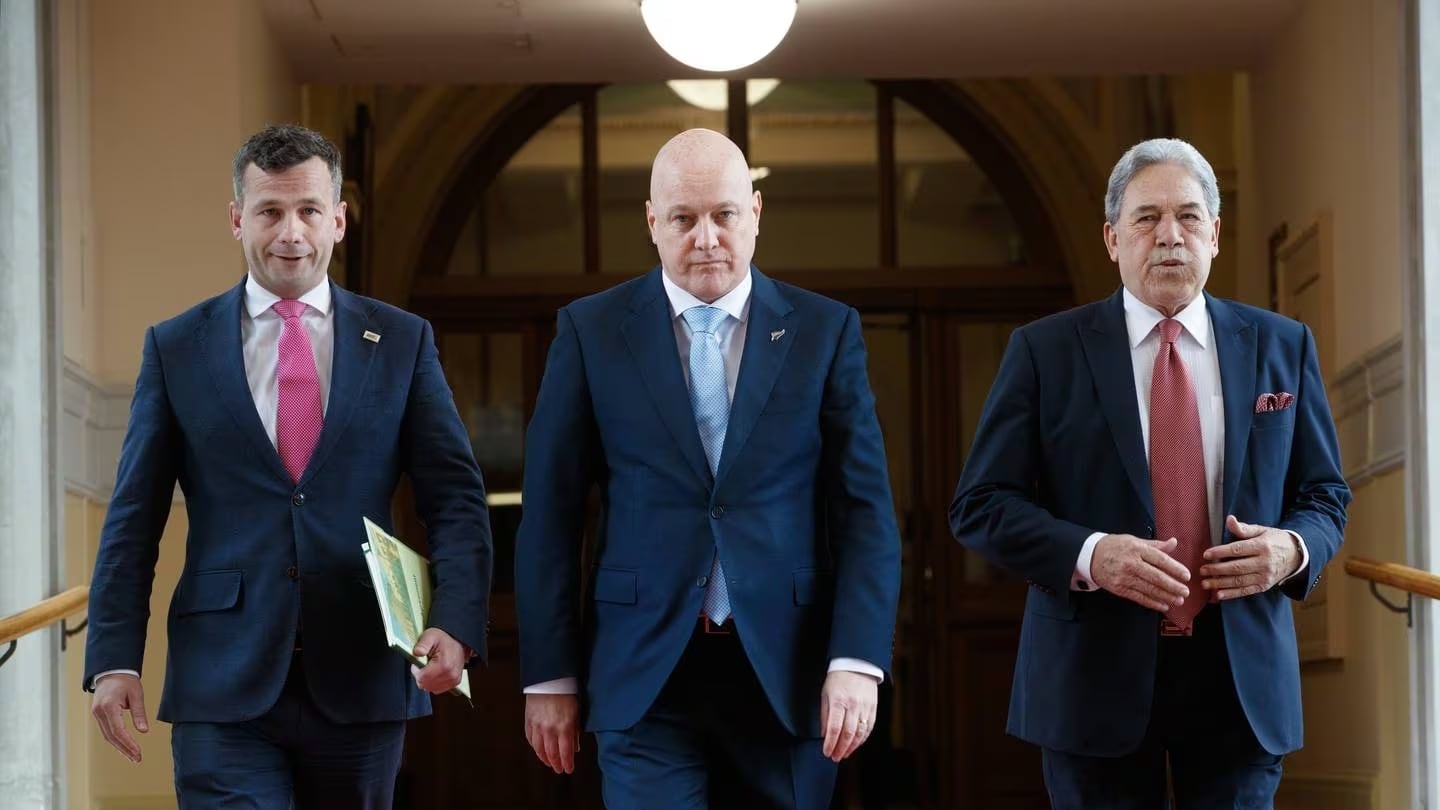As the country’s national day of remembrance for the signing of the Treaty of Waitangi approaches, questions increase over a Treaty principles bill, proposed by Act Leader David Seymour.
Prime Minister Chris Luxon has said government support will be given to its first reading as a part of the coalition agreement but has also said support will not extend further than that
“It’s a relationship between Crown and Iwi. It’s a kin to a partnership and ,as we’ve been working through over a number of decades and years, we will continue to work through that,” Luxon says.
Labour opposes bill
However, Labour leader Chris Hipkins believes that, rather than Luxon leaving sole responsibility of the bill on Seymour, it is a government piece of legislation.
“Christopher Luxon is last I’ve heard still the prime minister of the current government. Therefore he will be ultimately responsible for it,” Hipkins says.
Earlier this month a document proposal was leaked, which had removed all reference to Māori, instead focusing on all New Zealanders as one people.
Hipkins believes removal of Māori from the Treaty will cause division around the nation.
“All three parties have indicated they are going to support it at the first reading. It isn’t going to lead the debate forward, it’s actually going to be desructive and it’s going to take us backwards,” he says.
“You have to involve Māori in that process. I think Māori are up for that debate, I think also that they understand that there are decades of jurisprudence that have been built up that we need to work our way carefully through,”
Māori ‘shouldn’t be left out’
It has been reported that a request to introduce the bill has proposed as early as May this year but Labour is strongly opposed to removing a signatory from the country’s founding document.
“You can’t write Māori out of the treaty, and you can’t write them out of the process over how the treaty is going to continue to evolve, and how our understanding of it, interpretation of it, implementation of it will continue to evolve.
“I think it has to be a very inclusive conversation. Although the bill has not yet been produced, based on David Seymour’s current description of it, it is not going to do that,” Hipkins says.




